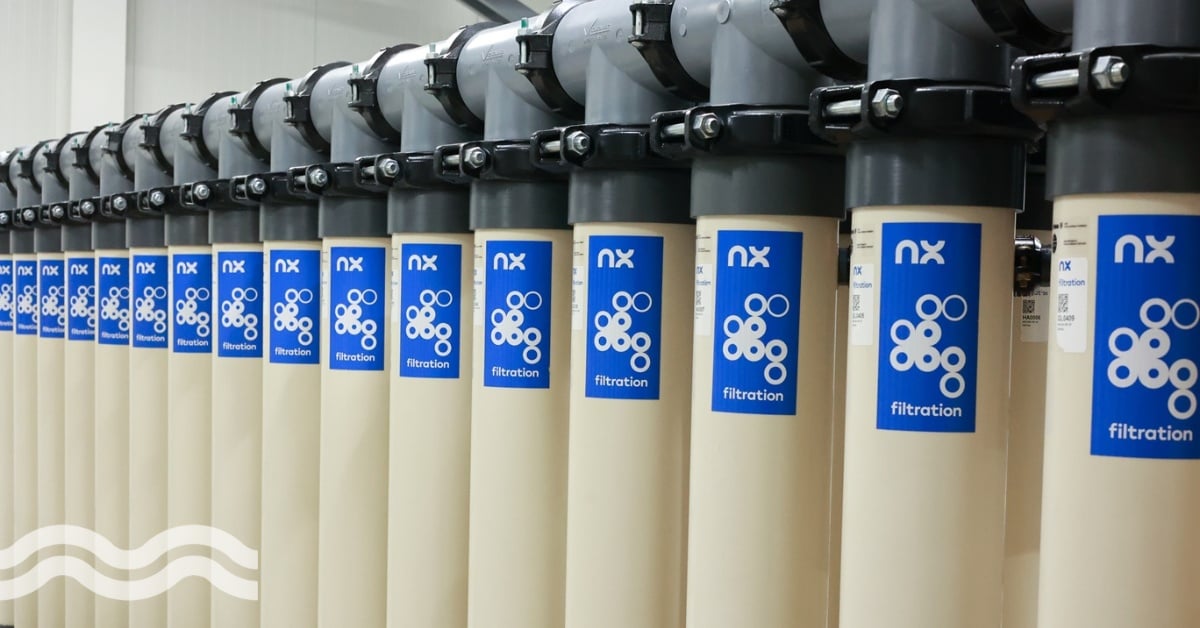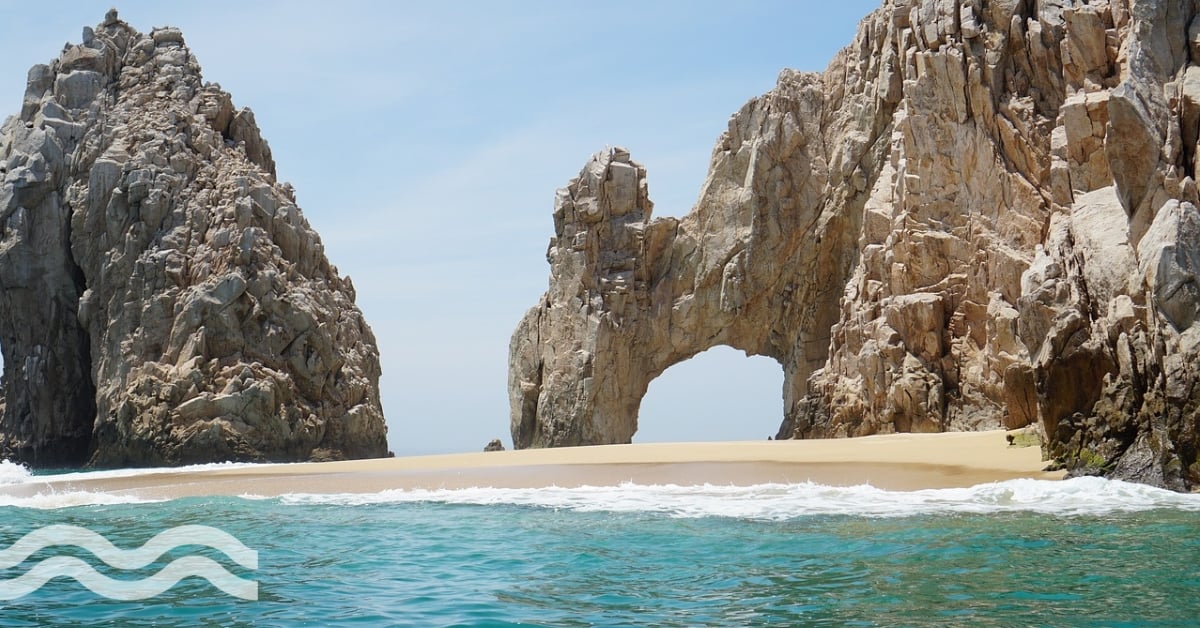Mexico: Water justice central to National Water Plan

The future of water in Mexico will be sustainable and democratic, with water enshrined as a human right in the National Water Plan 2024-2030, which was signed into law by the country's president, Claudia Sheinbaum Pardo and the National Water Commission (Conagua), as well as other key stakeholders.
National Water Plan
In a country where water scarcity affects 35 million people unequally, the National Water Plan 2024-2030 guarantees the human right to water in sufficient quantity and quality, ensures the sustainability of resources and promotes adequate and responsible management of water in all its uses.
The plan is based on four 'axes':
- Water policy and national sovereignty.
- Justice and access to water.
- Mitigation of environmental impact and adaptation to climate change.
- Comprehensive and transparent management.
The plan addresses a wide range of water-related challenges:
- To order concessions, whose purpose is to avoid overexploitation and hoarding.
- Administrative simplification to reduce response times, increase transparency and remove corruption.
- To promote the National Technification Program in coordination with the Ministry of Agriculture, in order to make a more efficient use of water in the countryside, while producing more food.
- Preparation of an infrastructure master plan in coordination with states and municipalities, integrating 16 strategic projects to provide drinking water to the areas of greatest water stress, as well as works to protect the population.
- The sanitation of rivers, prioritising the three most polluted: the Lerma-Santiago; Atoyac; and Tula.
In addition, the Plan 'seeks to advance towards food security and national development'.
Water as a human right
The first act of the National Water Plan was the signing of the National Agreement for the Right to Water and Sustainability. This enshrines the human right to access water in sufficient quantity and quality. Something that was lacking from previous government policy.
Efraín Morales, general director of Conagua, told media that the agreement seeks to "leave behind the mercantilist vision of water to recognise it as a right and strategic asset of the nation."
In practical terms, the most important aspect of the agreement is that promotes companies to voluntary return their water concessions back to the nation.
Agreement involving industry and irrigation districts

Approximately 23 per cent of Mexico's agricultural land is managed by irrigation infrastructure that is divided into irrigation districts (covering 3.4 million hectares) and units (2.9 million hectares).
Under the terms of the agreement, these districts and units will return 2,800 million cubic meters of water, equivalent to almost three years of Mexico City's consumption.
The industrial sector will contribute 126 million cubic meters of water and has committed to investing more than €991 million in water infrastructure, to make the use of water more efficient, to treat it and reuse it in their production processes, and to develop community projects in different regions of the country.
The 'reclaimed' concession water will be used for human consumption, especially in areas of greatest water stress.
A paradigm shift built on months of negotiations
The agreement was described as a 'paradigm shift' by Alicia Bárcena, the head of the Ministry of Environment and Natural Resources (Semarnat) at the launch event, stating that it, "represents a step towards a comprehensive model of sustainable development that overcomes the extractivist and privatising vision of the neoliberal period; it implies valuing and protecting the water cycle as a national good, as a public good that all citizens have to protect."
Morales explained that the agreement was the result of months of dialogue between key stakeholders and involved hundreds of meetings. While the agreement involved a shift in thinking from seeing water as a commodity to being recognised as a right that was 'a strategic good for the nation', he noted that there was an absolute consensus from all involved of the need to guarantee water as a human right above any other interest.
The link between water and agriculture
Bárcena stressed the link between social equality, economic growth and the environment. "It is urgent to effectively manage water, encourage its treatment, its reuse, it is imperative to recover the hydrological cycle so affected and that we privilege nature-based solutions, especially reforestation, soil restoration, recovery of wetlands to mitigate climate change."
Part of the Plan includes an Irrigation Technification program that will increase efficiencies and will provide farmers with technical assistance, marketing support, credit, plant and animal health, among other things.
Morales pointed out that in this respect the agreement establishes, "10 general commitments, including: guaranteeing equitable access to water, making its use more efficient in productive activities, investing in hydraulic infrastructure, avoiding the contamination of watersheds and rivers, and implementing measures against climate change."
Equitable access to water will benefit small and medium-scale farmers, increasing productivity by as much as 50 per cent, the equivalent of producing additional food to meet the demand of seven million people for an entire year.
State commitment and collaboration
The governors of Mexico's 32 states have committed to developing and implementing a Master Plan for hydraulic infrastructure as part of the National Water Plan.
Also, feeding into the Plan, academic institutions across the country will collaborate in scientific research and technological innovations that will contribute to the management, treatment and reuse of water, as well monitoring the agreement through evaluation indicators.
Share your water technology stories with us
Do you have an innovation, research results or an other interesting topic you would like to share with the international water technology industry? The Aquatech website and social media channels are a great platform to showcase your stories!
Please contact our Sr Brand Marketing Manager Annelie Koomen.
Are you an Aquatech exhibitor?
Make sure you add your latest press releases to your Company Profile in the Exhibitor Portal for free exposure.


